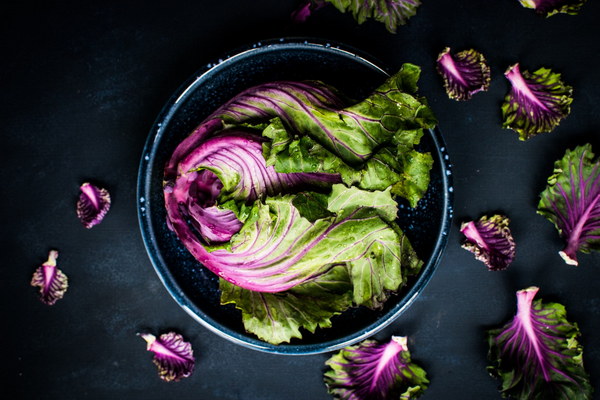The Importance of Liver Care Understanding the Concept of Liver Protection
Introduction:
The liver is a vital organ responsible for numerous essential functions in the body, including detoxification, metabolism, and the production of bile. It is crucial to take care of our liver to maintain its optimal health and function. In this article, we will delve into the meaning of liver protection or liver care and discuss ways to ensure the well-being of this vital organ.
What does Liver Protection or Liver Care Mean?
Liver protection, also known as liver care, refers to the practices and measures taken to maintain the health and functionality of the liver. It involves adopting a healthy lifestyle, being aware of potential liver-damaging factors, and seeking medical advice when needed. By implementing these strategies, we can reduce the risk of liver diseases and promote overall well-being.
1. Nutrition:
A balanced diet is crucial for liver protection. Here are some tips to consider:
- Consume a variety of fruits, vegetables, whole grains, lean proteins, and healthy fats.
- Limit the intake of processed foods, sugary drinks, and high-fat foods.
- Drink plenty of water to support liver function and aid in the removal of toxins.
2. Alcohol Consumption:
Alcohol consumption is a significant risk factor for liver diseases, such as cirrhosis and liver cancer. To protect your liver:
- Limit alcohol intake to moderate levels, if at all.
- Avoid binge drinking, as it can cause acute liver injury.
- If you have a history of liver disease or are concerned about your alcohol consumption, consult a healthcare professional.

3. Avoiding Toxins:
Toxins can accumulate in the liver and lead to damage. Here are some ways to minimize exposure:
- Avoid smoking, as it can increase the risk of liver disease.
- Use protective equipment, such as gloves and masks, when dealing with hazardous substances.
- Be cautious when using over-the-counter medications, as some can be harmful to the liver.
4. Regular Exercise:
Physical activity helps improve liver function and aids in weight management, which is essential for liver health. Aim for at least 150 minutes of moderate-intensity aerobic exercise or 75 minutes of vigorous-intensity aerobic exercise per week.
5. Regular Health Check-Ups:
Regular health check-ups can help detect liver diseases early. Your doctor may recommend blood tests to assess liver function and screen for potential issues.
6. Stress Management:
Chronic stress can contribute to liver damage. Implement stress-reduction techniques, such as meditation, deep breathing exercises, or yoga, to maintain a healthy liver.
7. Liver-Healthy Supplements:
Some supplements may support liver health. Consult with a healthcare professional before taking any supplements, especially if you have pre-existing liver conditions or are taking other medications.
Conclusion:
Liver protection or liver care is essential for maintaining the health and functionality of this vital organ. By adopting a healthy lifestyle, being mindful of potential liver-damaging factors, and seeking medical advice when needed, we can reduce the risk of liver diseases and enjoy a healthier life. Remember, a healthy liver is a happy liver!









